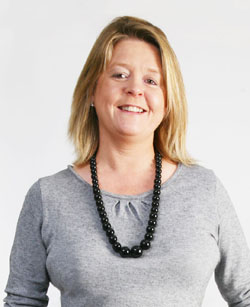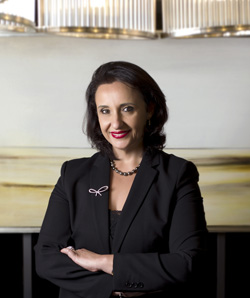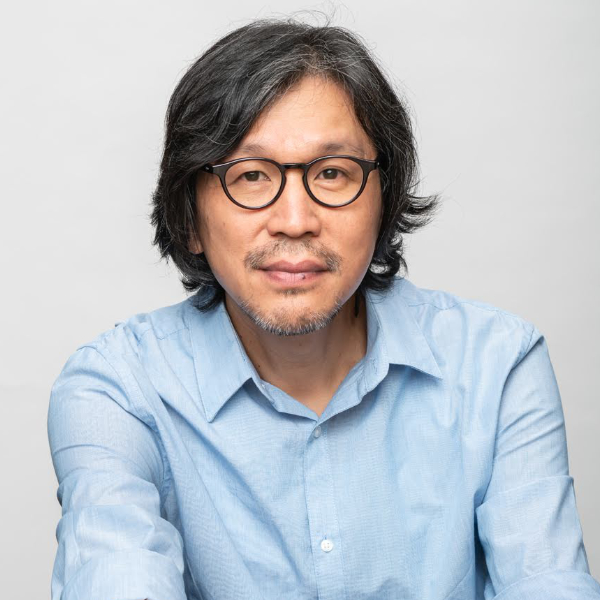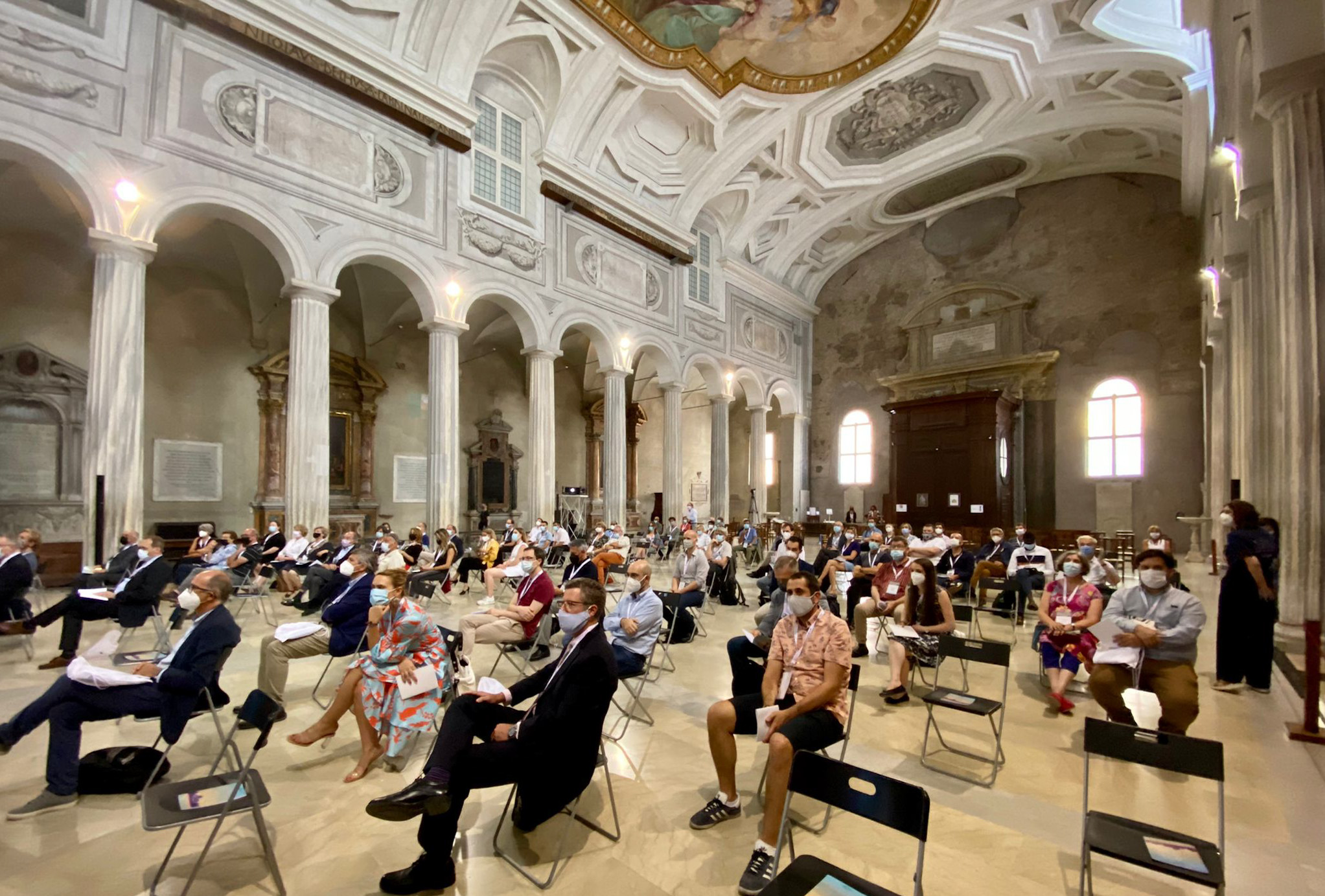From meeting planners to banqueting managers, the events business is dominated by females but gender inequality still exists in the industry, with a pay imbalance and the disproportionate number of women occupying senior roles two of the most pertinent issues.
According to a 2012 report from Meetings Professional International, female meeting planners in the United States earn 27 per cent less than men doing the same job, while in Europe male planners earn more than twice (52 per cent) than their female colleagues.
In the Asia Pacific region, patriarchal management structures and chauvinistic attitudes still prevail in some organisations, and this may prevent women from landing top positions. Yet the evidence for greater gender diversity in the workplace is compelling: McKinsey’s “Diversity Matters” report in 2014 found that companies in the top quartile of gender diversity were 15 per cent more likely to achieve financial returns that were above their national industry median.
While young female professionals and those without families may find it easier to rise through the ranks and get promoted into senior management positions, women with children to consider must contend with the late nights and long working hours that the events industry demands. Travelling on the job and a lack of flexible working options are other issues that working mums need to address.
The good news is that many organisations – including those within the events industry – are now seeking to redress the gender balance by establishing initiatives that support female promotion, redress the pay imbalance, and provide flexible working hours for those with families.
 Handling hectic schedules
Handling hectic schedules
Why are there so many women working in events? Adrianne Lynch, managing director of meetings, incentive and conference solutions provider Events Travel Asia in Greater China, believes it is an industry built for multi-taskers, and the volume of organisation, detailed planning, and anticipation of a client’s needs is something that many women can arguably deal with more effectively than men.
“I think the biggest natural advantage that women have is as communicators. We’re more likely to build a consensus that has all of the people involved in staging conferences, seminars and meetings working together,” she says.
There’s no escaping the fact that the hours are long and often outside of the nine to five, Lynch admits. “There’s no doubt that impacts on your social life and family life. However, it is hugely rewarding and the benefits are immense. I’ve been lucky enough to be involved in some fantastic events and met some amazing people, which make it
all worthwhile.”
Employers in the events industry must offer flexibility in return for the long hours put in by their teams, believes Lynch. “Day to day, our team deals with international clients across time zones ahead and up to 12 hours behind Hong Kong. Staff on-event also work above and beyond the duties of their job descriptions.”
It is unreasonable to have staff working late into the night and return to the office next morning ready to work, particularly if they have families, says Lynch. Instead, managers must balance out the demands of the job and the lives of their teams. “If employers do not incorporate flexibility into work schedules, they wear away at trust and commitment. I’d like to see the industry show some leadership here, so staff can flourish and are more dedicated and motivated,” she adds.
Achieving a balance between work and family life is as much about communication and scheduling as it is about long hours, says Lynch. “Make time for your family, cherish the time you have with them, and let them know what’s going on at the office. It makes things so much easier. The same goes for your staff, colleagues and vendors. Keep them in the loop and you can usually find a way to schedule commitments.”
Rising through the ranks
In celebration of International Women’s Day last March, Starwood Hotels in Asia Pacific signed the United Nations’ Women’s Empowerment Principles (WEP), pledging to support the empowerment and advancement of women in the workplace and community.
The WEP offers seven guiding principles for businesses on how to empower women in the workplace and community, including establishing high-level corporate leadership for gender equality, and promoting education, training and professional development for women.
 Janet McNab managing director of Sheraton Grand Macao, Cotai Central and The St Regis Macao, Cotai Central, says there are many women in senior roles across all functions at Starwood, including the convention services and banqueting teams. “Overall we see quite an equal mix of men to women at the executive committee level. Starwood Asia Pacific employs more than 74,500 staff, 42 per cent of which are women, In addition, 38 per cent of executive team members in Asia are women.”
Janet McNab managing director of Sheraton Grand Macao, Cotai Central and The St Regis Macao, Cotai Central, says there are many women in senior roles across all functions at Starwood, including the convention services and banqueting teams. “Overall we see quite an equal mix of men to women at the executive committee level. Starwood Asia Pacific employs more than 74,500 staff, 42 per cent of which are women, In addition, 38 per cent of executive team members in Asia are women.”
Starwood is currently seeking to increase female general-manager representation globally with a strategic roadmap comprised of programmes and training aimed at preparing female associates to assume executive positions.
“Other initiatives include strengthening women’s success with Starwood Careers, the integrated talent management and development system conceptualised specifically in Asia Pacific to fit the region’s unique needs,” adds McNab.
Challenging Asian tradition
Juggling many tasks at the same time while appearing completely calm on the surface is usually considered to be a female strength and this is exactly what is required when working in the events industry according to Jennifer Salsbury, founder and CEO of the International Marketing Consultancy, which helps China-based companies attract international events to their cities, venues and destinations.
Salsbury acknowledges that there does seem to be fewer female CEOs and managing directors – particularly within the technical side of the events industry – but she also points out there are many very successful women holding top titles within conference management. However, the CEO acknowledges that within the Asia region, traditional business cultures die hard and it is certainly tougher for women to attain top roles.
“Asian countries tend to be more process driven and decision making is very late, often being pushed upward to the senior managers. This is not only a gender-based issue, but it is true to say there are more men in those senior positions,” she says.
Nevertheless, there are some very successful entrepreneurial women running their own businesses, doing it their way and breaking the mould in countries across the Asia-Pacific region, she says. “It is, however, more normal for women to have domestic helpers in these countries when compared to their counterparts in Europe and the US.”
Building a supportive network
To address gender inequality in the workplace, hotel group Accor established an international gender diversity network, Women at Accor Generation (WAAG) in 2013, which is aimed at inspiring women to evolve within the organisation.
 Veronique Augier, Accor’s human resources marketing manager for Asia Pacific, says WAAG’s main objectives are to increase the number of women in senior roles, achieve diversity of thought, and equal pay. “In its fight against stereotypes, the group leverages on this platform to reach its gender equality goal and provide a network of solidarity and a support group in which to share experiences,” she says.
Veronique Augier, Accor’s human resources marketing manager for Asia Pacific, says WAAG’s main objectives are to increase the number of women in senior roles, achieve diversity of thought, and equal pay. “In its fight against stereotypes, the group leverages on this platform to reach its gender equality goal and provide a network of solidarity and a support group in which to share experiences,” she says.
Asia Pacific has the strongest WAAG network, with more than 1,400 members, something Augier believes is partly down to backing from male staff. “In each region, we have a WAAG champion and in India, the champion is a male general manager, which is testament to their support to promote women in the workplace.”
WAAG supports women by offering memberships to external women’s associations to widen their network and share experiences with peers, as in the case of Accor Hotels in Singapore. In India, the Voice of Women event provided training on safety and empowerment, while Indonesia’s WAAG Stand Up Promotion invites all female employees who have been promoted to share the journey of their career progression.
Accor plans to have 35 per cent of women as GMs by 2017 and 50 per cent in the long-term. “Key actions include the development of targets, programmes tailored to address the lack of female leaders, mentoring programmes, implementation of paid parental leave and flexible working arrangements in some countries to encourage women to return to work,” says Augier.
Accor has also established a leadership programme, the High Performing Leaders (HPL) for women in Asia Pacific, a 12-month initiative for experienced managers aimed at enhancing strategic thinking through face-to-face learning, online learning workplace projects, collaboration via social media with other participants and a presentation upon completion.
Childcare is also being addressed: Accor New Zealand recently signed an agreement with the largest childcare provider in New Zealand so employees can access childcare near their workplace at a discounted rate.
Flexible work arrangements introduced at the head office of Accor Australia in April 2014, meanwhile, enable employees to work more hours in fewer days or to work from home.


